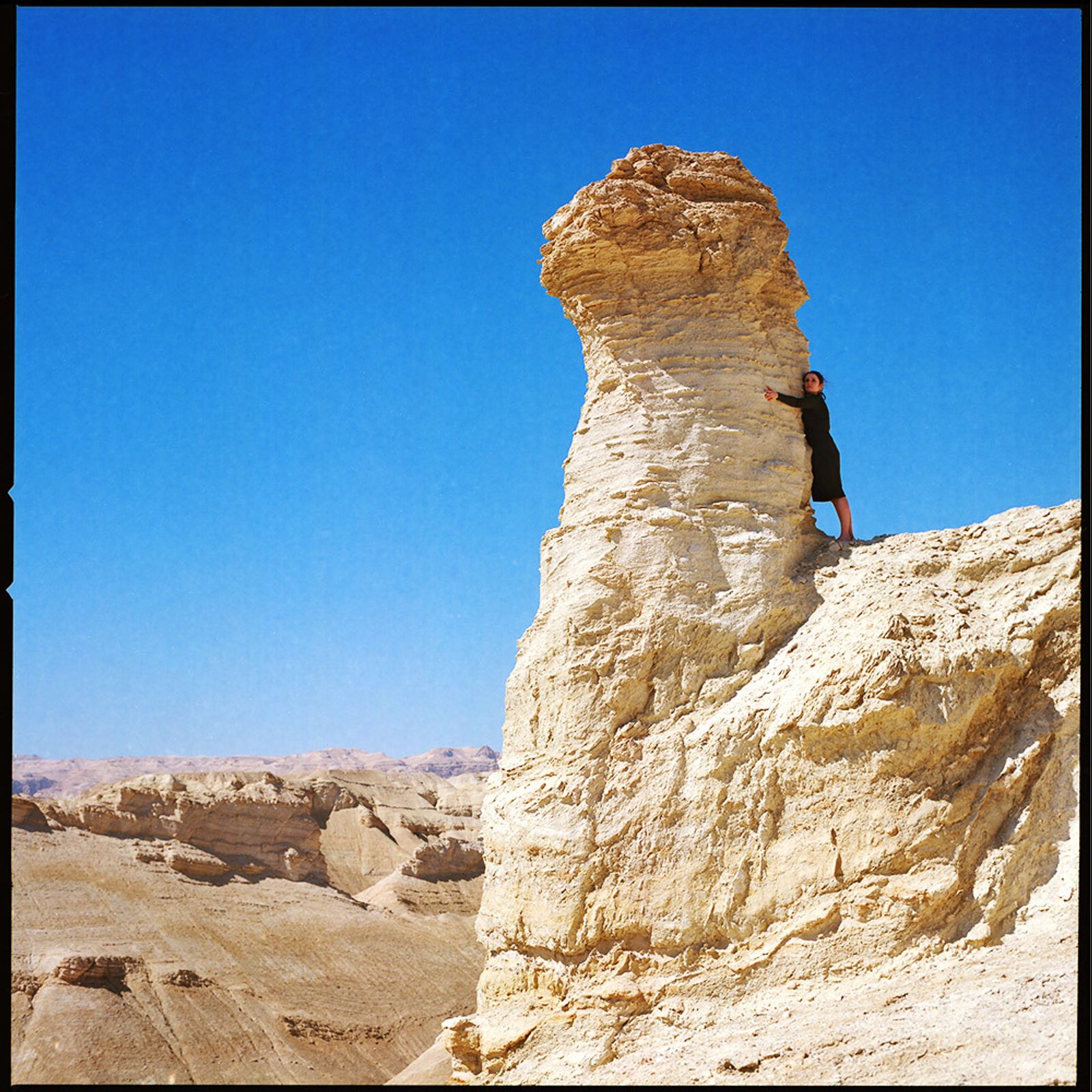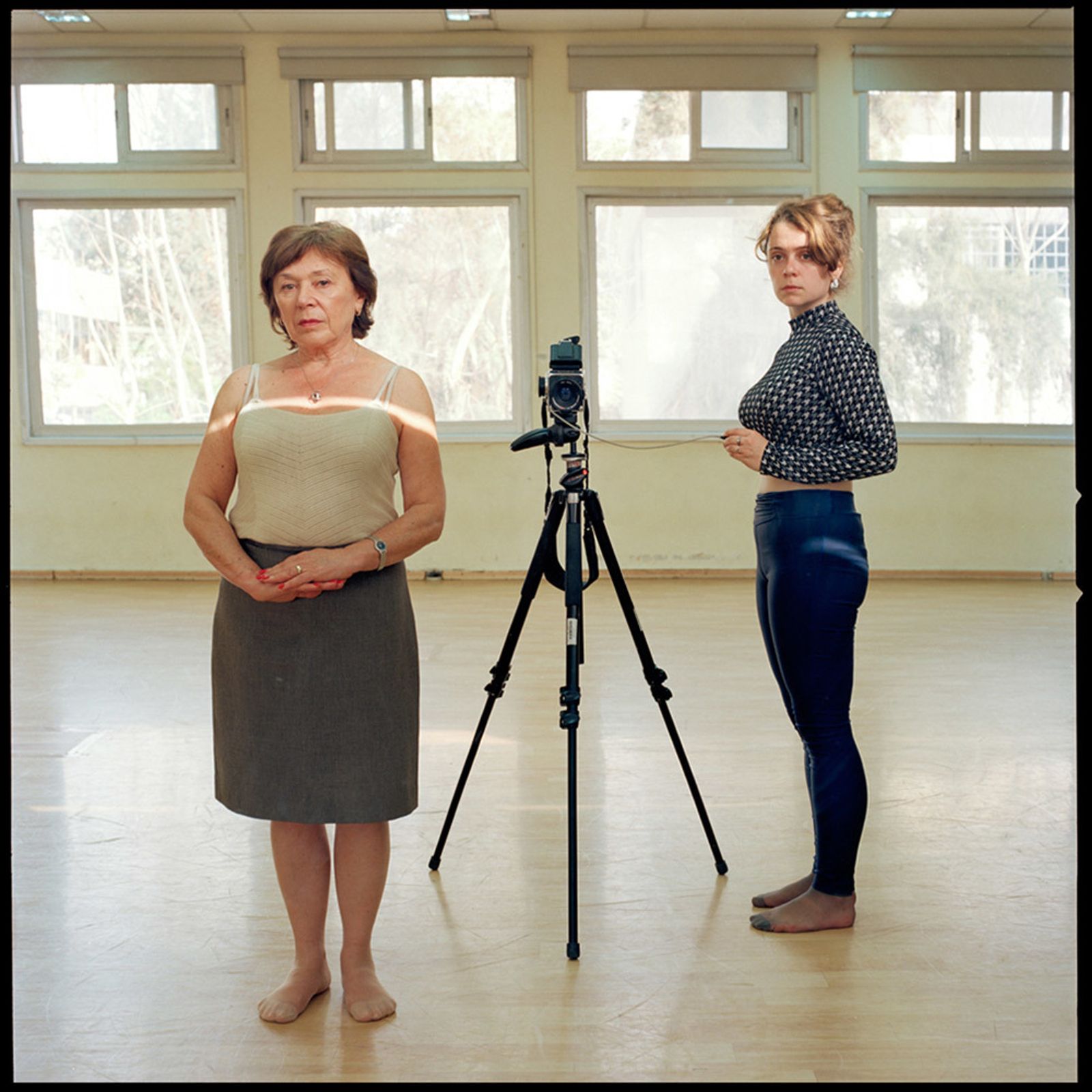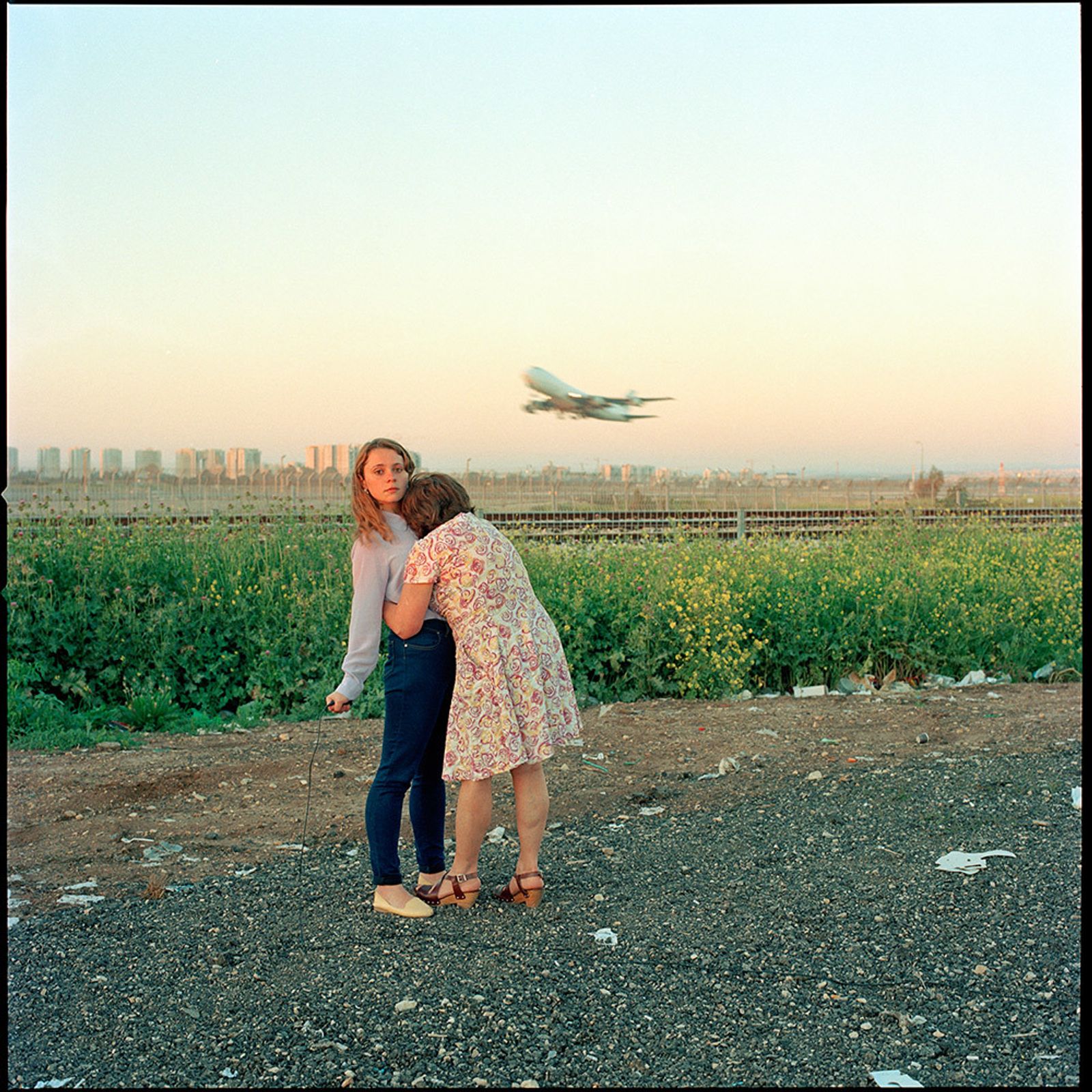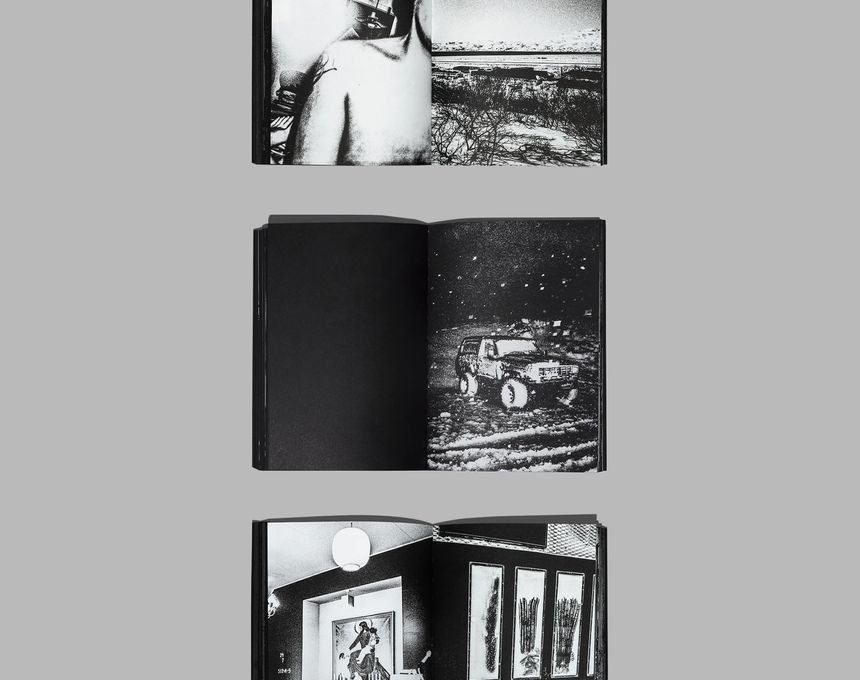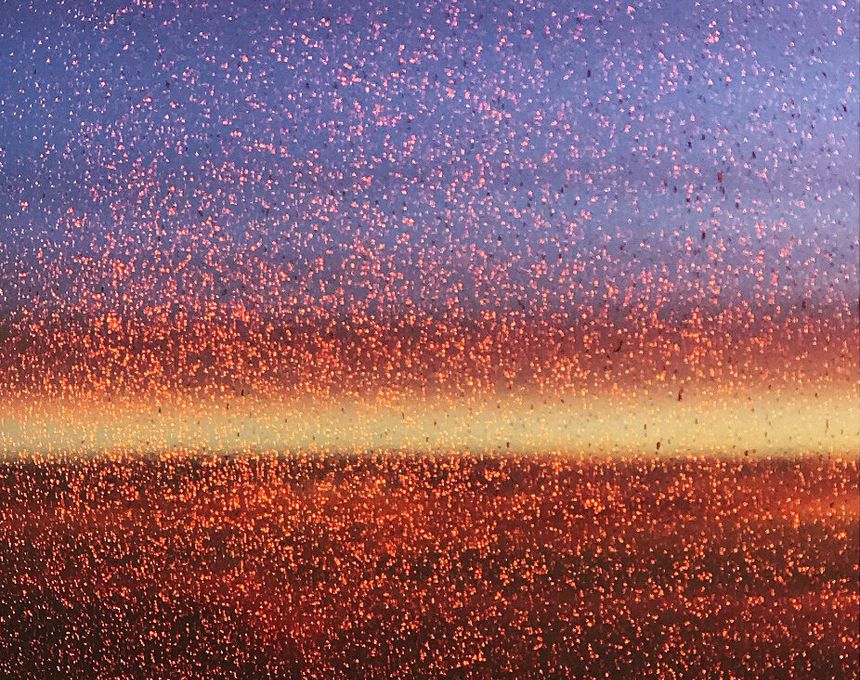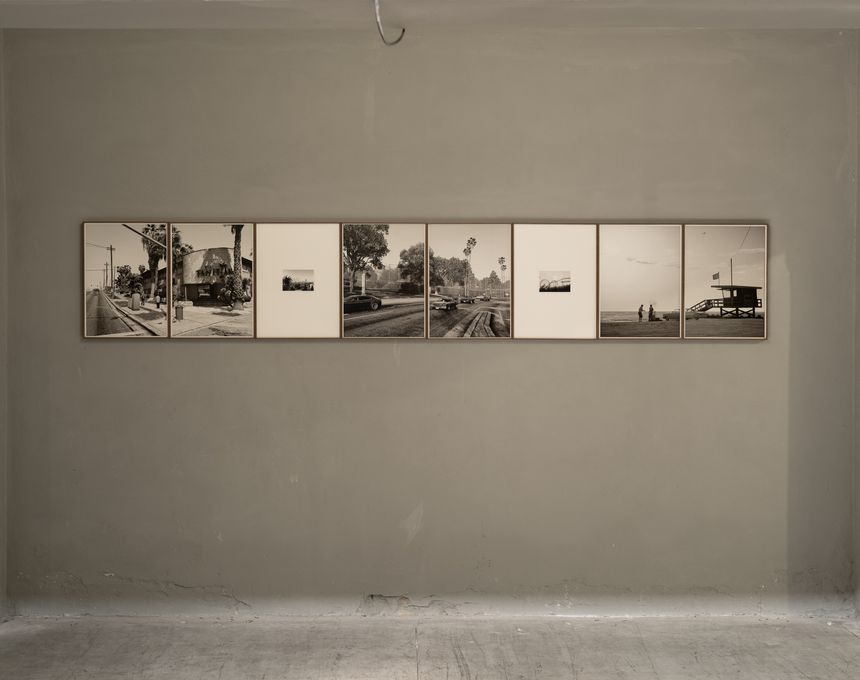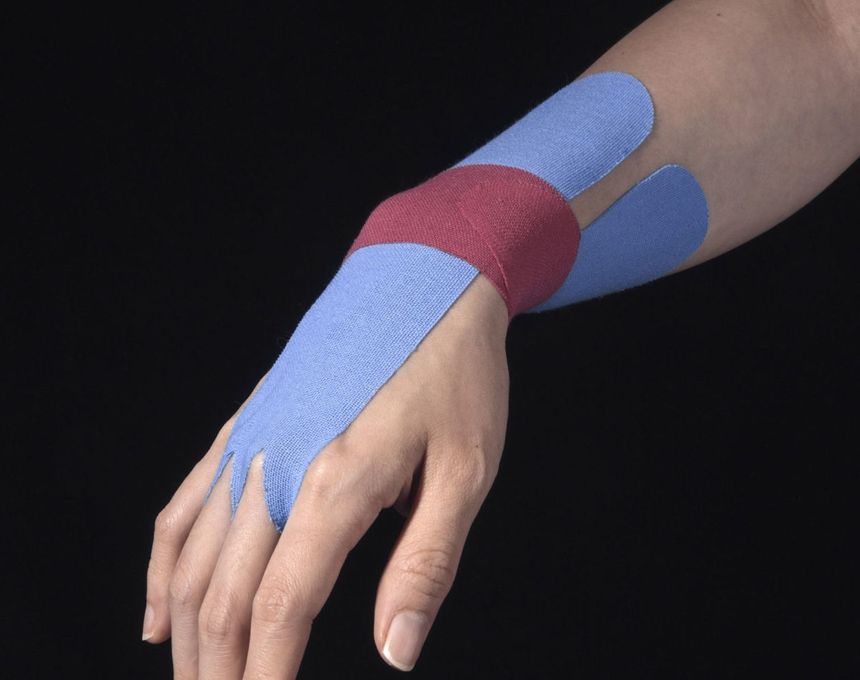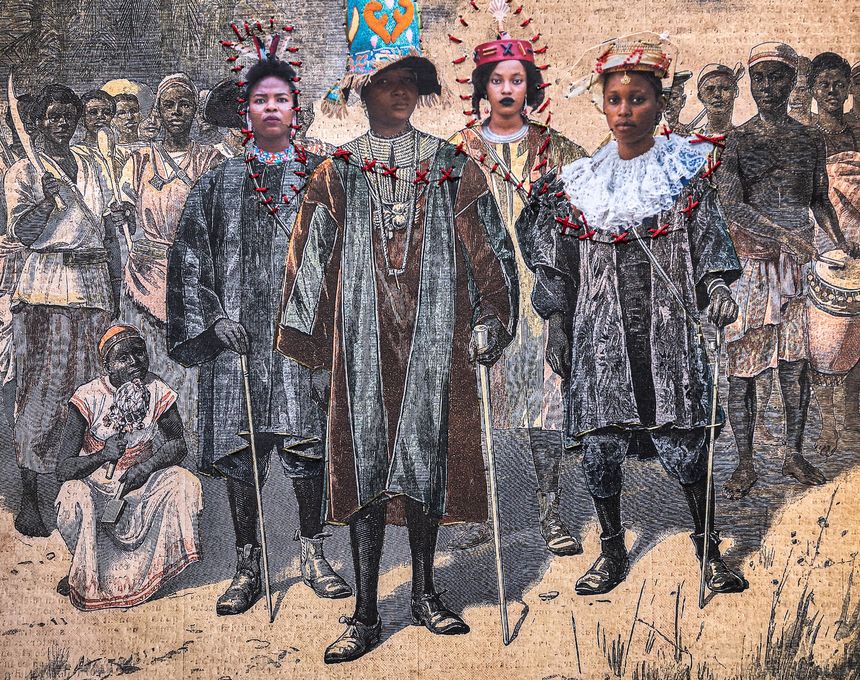The Reconciliation of Body, Mind and Territory in the Inconstant Israeli Landscape
-
Published14 Nov 2018
-
Author
Through an unconventional use of performative photography, Sivan Elirazi analyses the intimate relationship between mother and daughter, womanhood and immigration, dissected through her enthralled questioning of belonging and new appropriation of space.
Through an unconventional use of performative photography, Sivan Elirazi analyses the intimate relationship between mother and daughter, womanhood and immigration, dissected through her enthralled questioning of belonging and new appropriation of space.
When Lot’s wife looked back at the shattered city of Sodom, she suddenly was turned to rock, frozen forever as a “pillar of salt” - having disobeyed her husband and God.
But young Israeli photographer Sivan Elirazi embraces Lot’s wife’s destiny, literally hugging the “pillar of salt” on the southeastern shore of the Dead Sea, giving the mythical moment new meaning by subtly subverting the story.
In Palestina; Snowing, Elirazi challenges conservative views on female curiosity - and patriarchy more broadly - re-framing this back-turned gaze as a mother’s concern about her lagging daughters, a caring parent’s sacrifice for her offspring’s future. But Elirazi goes further; borrowing from Russian poet Marina Tsvetaeva's verses in To Ali, she gives greater meaning to the sacrifice and to life as well: “Forget home, forget me, forget my poems - only remember one thing: Tomorrow you’ll be old,” the verses recite.
This re-interpretation of biblical events defines Elirazi’s eye. Clinging to the rock in this self-contained self-portrait, Elirazi eagerly confronts the essence of womanhood, tackling complex concepts of identity, belonging, absence, growth, abandonment, discovery, and rebirth - all at once.
Born in Kiev, Elirazi has lived in Israel since she was six months old, moving from town to town as her single mother cobbled together a better future for them both. Bullied for her fatherless and nomadic upbringing, her mother was crucial - as a friend, a confidant, a substitute father, in Palestina; Snowing becoming co-protagonist, opponent, muse. Sometimes in tension, sometimes in accord, with a static electric physical presence, the space the two women define becomes a statement.
The constantly changing backdrops mimic Elirazi’s erratic childhood. But standing still in an act of re-appropriation, the Israeli territory - wrecked by war and hatred - turns “back into a landscape,” a vista that the throbbing human presence helps redefine. Elirazi’s glance quickly becomes “performative photography,” pinpointing the act of documenting as a defining moment, a magnifying glass rewriting experience and hierarchies.
One of Elirazi’s main sources of inspiration is photographer Jeff Wall. In one photo captured by a self-timing shutter in a Tel Aviv dance studio, mother and daughter face a mirror, the camera perched visibly on a tripod: a clear reference to Wall's signature photo, Picture for Women (itself an allusion to Édouard Manet's Un bar aux Folies Bergère). As she attempts to challenge visual tradition in contentious times of representation, the marginalised - the women, the immigrants, them - reclaim centre stage (and front row) in Elirazi’s work. But while borrowing from Wall, she goes even further: the two women are portrayed by a woman - a core element in Elirazi’s philosophy.
The analogic camera reinforces the performative act, as does the release cable in plain view: the two women, both immigrants, are now in control of the environment as well as their physical presence. In one emblematic photo, they blend in the natural act of hugging, which is illustrative of Palestina; Snowing's themes: both rapacious and lascivious, the bodies show a desire to possess while still maintaining a distance. “It contains everything, all the feelings, the love and the hate, and the experience of an immigrant,” Elirazi says of the photo. It’s a tension that repels and nurtures: it strengthens attachment but yearns for freedom. In the background, an airplane takes off: it can’t be stopped, like the hopes of an immigrant who has just set out; like a moment of the growth that stems from pain; like a chance so rare it cannot be missed.
--------------
Sivan Elirazi is a Ukrainian photographer based in Tel Aviv, Israel. Her body of work derives from her continual experience as an immigrant in Israel, and includes performative photography, sculpture and installation. Follow Elirazi on PHmuseum and Instagram.
Lucia De Stefani is a multimedia reporter focusing on photography, illustration, culture, and everything teens. She lives between New York and Italy. Find her on Twitter and Instagram.
--------------
This article is part of the series New Generation, a monthly column written by Lucia De Stefani, focusing on the most interesting emerging talents in our community.
